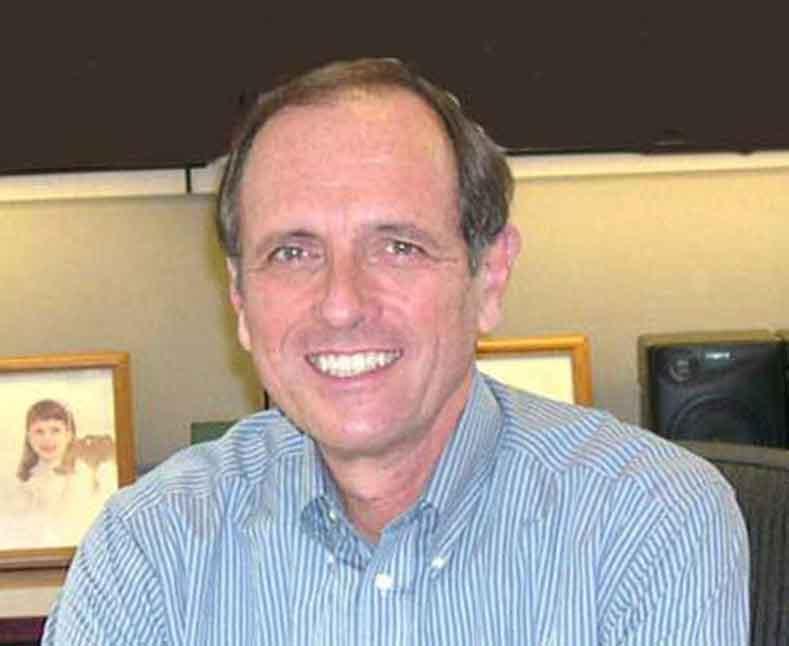Memento Mori

Matt and my son grew up in the same neighborhood. Until Matt and my son both completed grade school together, we saw Matt and his parents frequently at school functions or in the neighborhood. Then, about ten years ago, Matt's folks moved to a different neighborhood and put Matt and his siblings in a private school. We rarely saw Matt or his family again. But recently a mutual friend told us that Matt was seriously ill with spinal cancer. How ill I found out in last night's newspaper. His parents had taken out a half-page memorium. The picture was of a handsome, vigorous young man approaching the prime of his life. Matt died at the age of 21.
Memento mori, a reminder of our mortality. To have a young man die at 21 of cancer leaves me stunned, silent. Yet I must force myself to ask why. Why is death at 21 more shocking than death at, say, 91? You know, of course: the 21-year old has barely begun his journey. Ahead should be college graduation, career, marriage, children, a contribution to society, years of enjoyment and enrichment--all before death should be allowed to intrude. In other words, we should each of us be entitled to enjoy our lives. Then, when we are old and infirm, we should not object to death--we've had our run!
But I was struck forceably by a point that should be obvious to the Christian: God hates death. God hates death! Not just the death of the 21-year old, but also the death of the 91-year old. The age of the one who dies matters not to the Immortal One. God does not say that He hates the death of the young: He hates ALL death.
We have the wrong attitude. Why do the young die? In part to emphasize that it is death, not youth, that is God's focus. Memento mori--we are to remember death, not our lost youth. God intended all of us to be young, and to be young forever. All aging from the flowering of youth is simply prolonged dying. We were meant to be immortal. But immortal in God and not for ourselves alone. That is why death at 91 is as tragic to God as it is for Him if we pass at 21: He made us for Himself, and He made us to live forever. If we die, whenever we die, it is an eternal tragedy.







